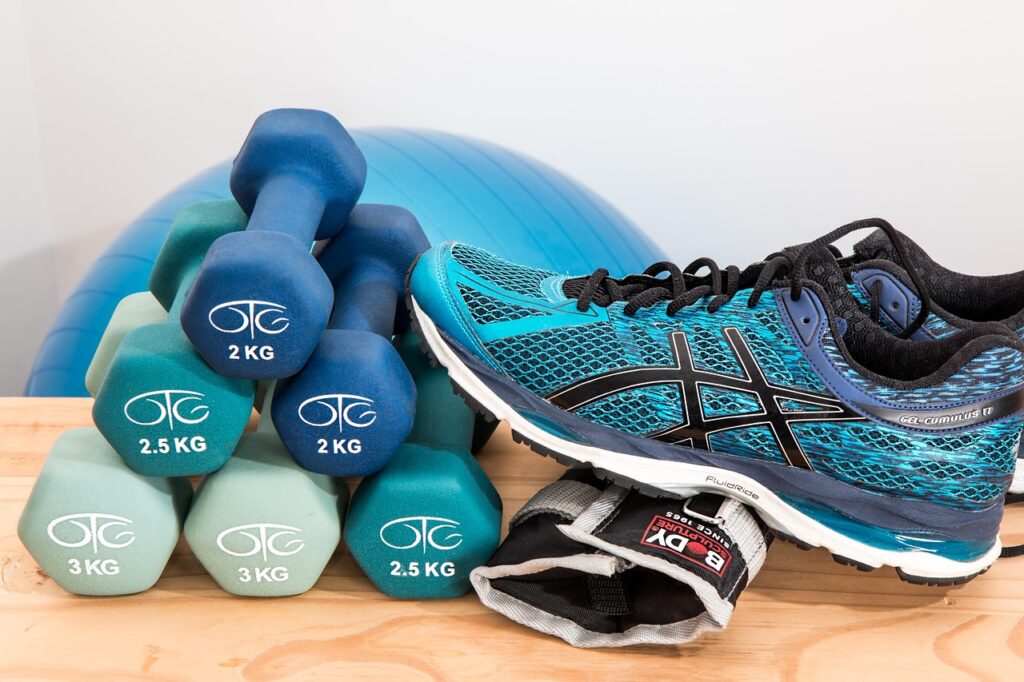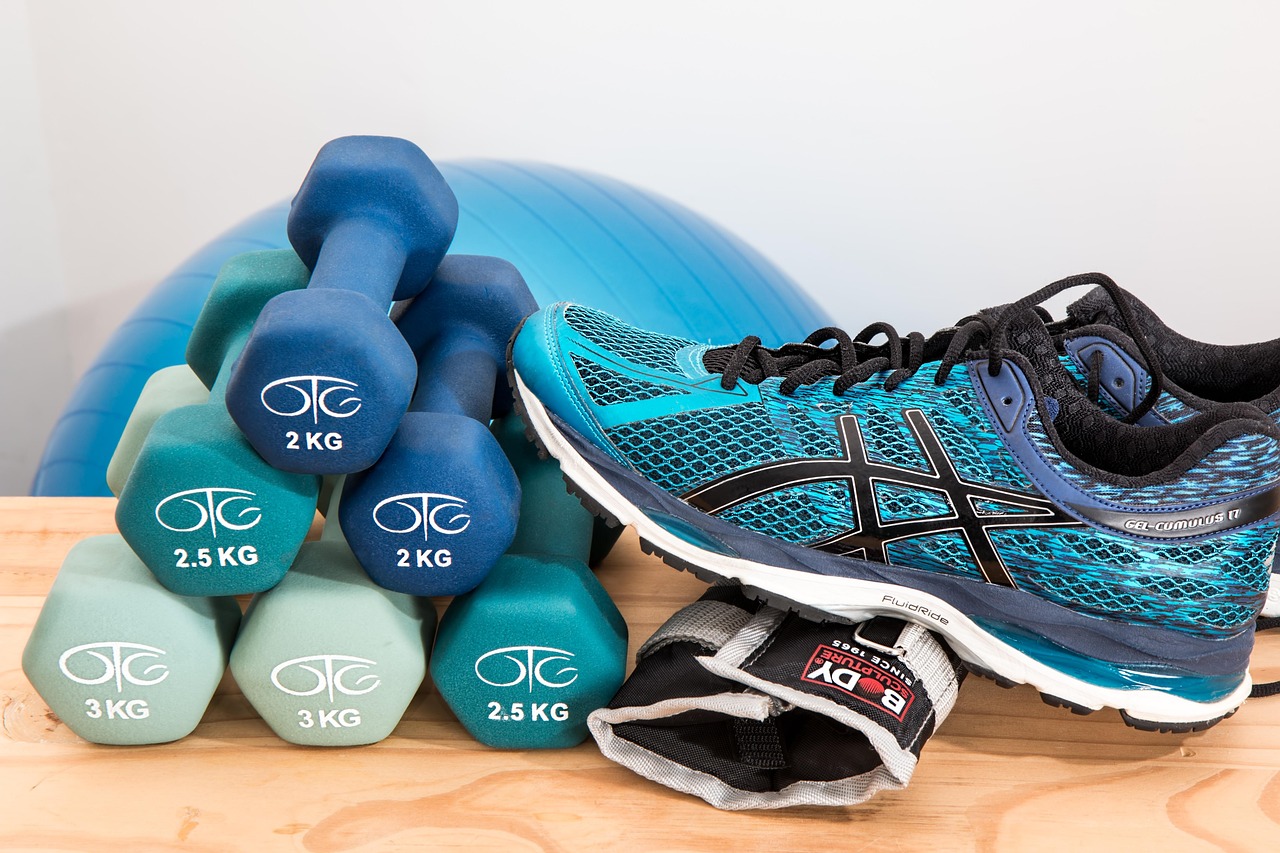Introduction
A healthy digestive system is key to overall wellness. Poor digestion can cause bloating, constipation, and fatigue. Fortunately, you can improve your digestion naturally through smart food choices and daily habits that keep your gut happy and active.
1. Eat Fiber-Rich Foods
Fiber is essential for smooth digestion. It adds bulk to stool and prevents constipation.
Include both soluble and insoluble fiber in your diet:
- Soluble fiber: Oats, apples, and beans help soften stool.
- Insoluble fiber: Whole grains, nuts, and vegetables add bulk and speed up movement through the gut.
Gradually increase fiber intake and drink plenty of water to prevent bloating.
2. Stay Hydrated
Water helps break down food and supports nutrient absorption.
Drink at least 8 glasses of water daily and include fluids like soups or herbal teas.
Avoid too much caffeine or alcohol as they can cause dehydration and slow digestion.
3. Chew Food Properly
Digestion begins in the mouth. Chewing food slowly allows enzymes in your saliva to start breaking down nutrients.
It also prevents overeating by giving your body time to signal fullness.

4. Eat at Regular Times
Irregular eating habits can disturb your digestive rhythm.
Try to eat your meals at the same times every day, and avoid skipping breakfast — it jumpstarts your metabolism and keeps your digestion regular.
5. Add Probiotics and Prebiotics
Your gut contains “good bacteria” that help with digestion.
- Probiotics: Found in yogurt, kefir, and fermented foods like kimchi and sauerkraut.
- Prebiotics: Found in bananas, onions, and garlic — they feed the good bacteria.
Together, they support a healthy gut balance and reduce digestive discomfort.
6. Stay Physically Active
Exercise keeps your digestive system moving and prevents constipation.
Even light activities like walking after meals or yoga stretches can help your stomach work more efficiently.
7. Manage Stress
Stress affects your stomach and can cause acid reflux, bloating, or loss of appetite.
Practice deep breathing, meditation, or relaxation techniques to keep your gut and mind calm.
8. Avoid Overeating and Late-Night Meals
Large meals overload your digestive system. Eat smaller portions and stop when you feel satisfied.
Try to finish dinner at least 2–3 hours before bedtime to allow proper digestion.
Conclusion
Good digestion is the result of mindful eating and a balanced lifestyle.
Eat fiber-rich foods, stay hydrated, exercise regularly, and manage stress.
When your gut is healthy, your whole body feels lighter, more energetic, and alive.
